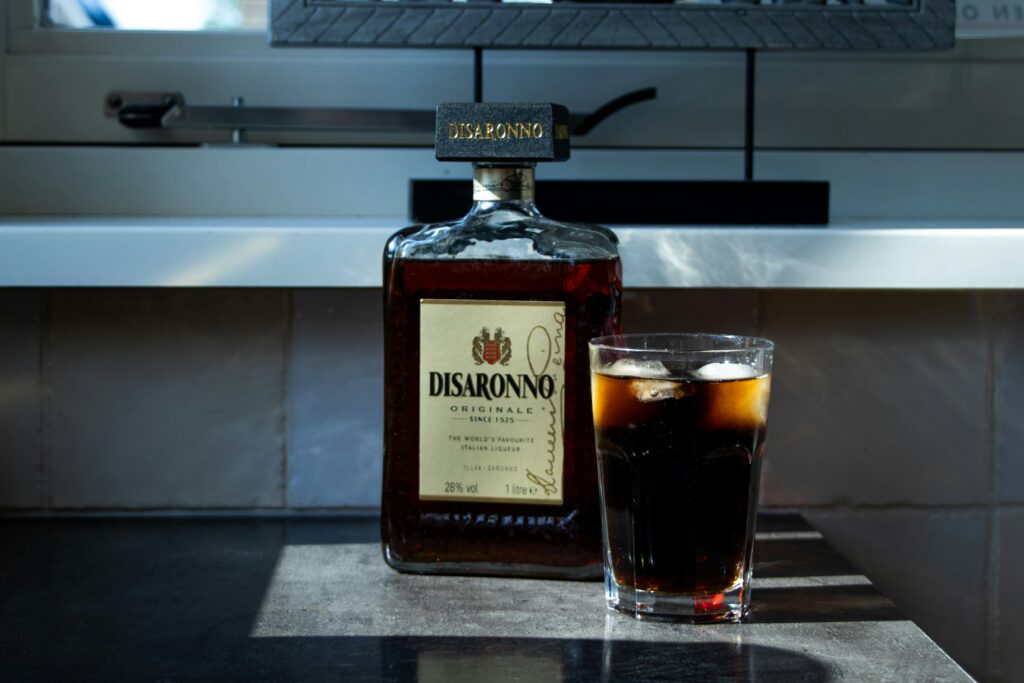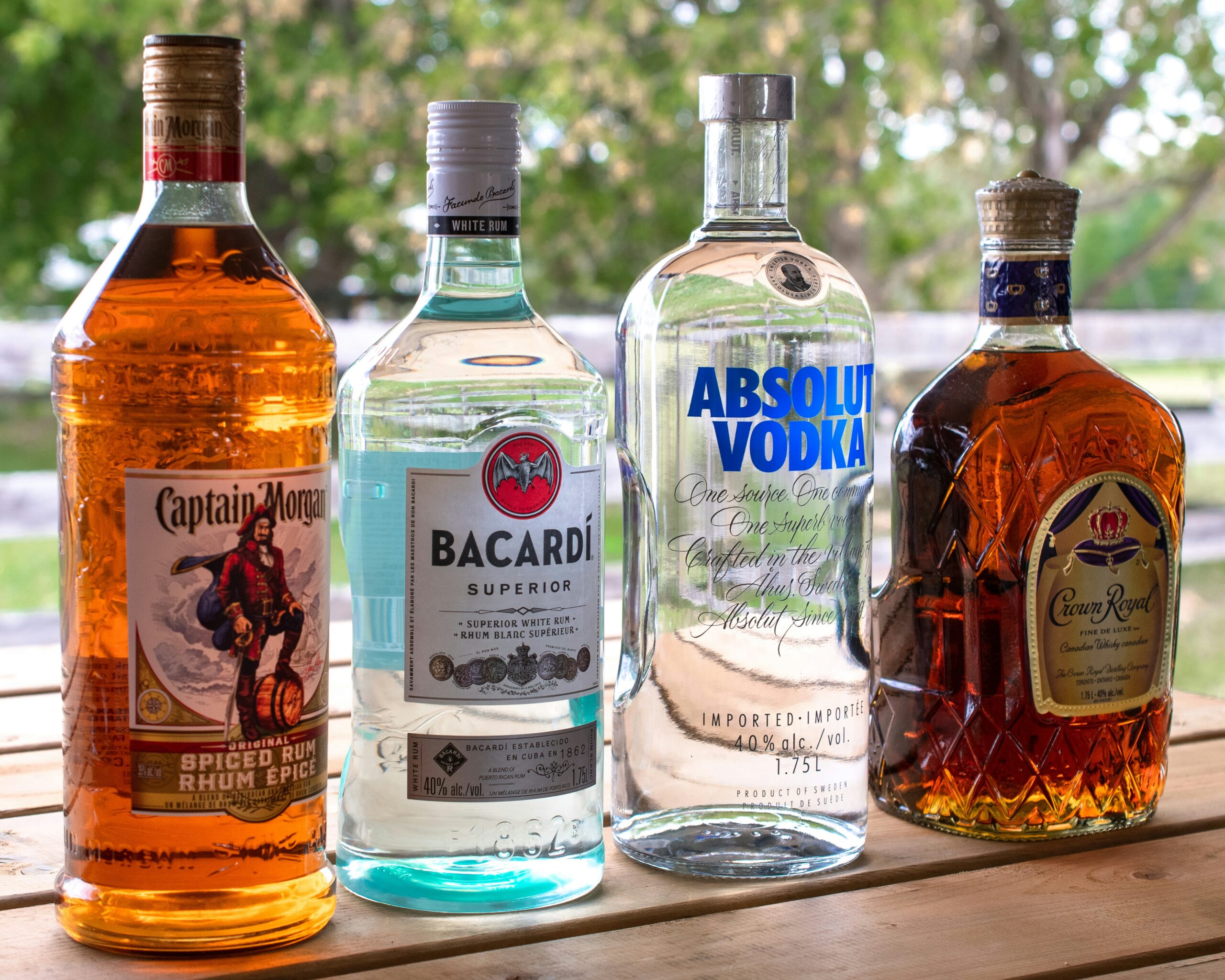Gone are the days when alcohol consumption was just about parties and socializing. In 2025, Gen Z born between the late 1990s and early 2010s is rewriting the rules of drinking culture. This generation is not only more aware, health-conscious, and digitally driven, but also changing how alcohol is marketed, consumed, and perceived globally.
Let’s explore how Gen Z’s lifestyle, values, and social behavior are shaping alcohol trends and the marketing landscape in 2025.
1. Conscious Consumption: The Rise of “Mindful Drinking”
Unlike Millennials or Gen X, Gen Z is drinking less but smarter. This shift toward mindful consumption means:
- They prioritize quality over quantity preferring premium cocktails, low-alcohol wines, and craft beverages.
- Many are opting for “sober curious” lifestyles, enjoying alcohol-free alternatives such as mocktails, kombucha, and zero-proof spirits.
- The concept of balance dominates a drink or two at social events, but not binge drinking.
This trend reflects a deeper cultural shift wellness and control have replaced rebellion and excess.
2. Digital Influence and Social Media Trends
Social media plays a massive role in shaping Gen Z’s relationship with alcohol. Platforms like TikTok, Instagram Reels, and Snapchat showcase drinking not as a wild act but as a part of aesthetic experiences rooftop bars, minimalist setups, or cocktail artistry.
However, digital exposure also means accountability. Gen Z is aware that every post leaves a digital footprint, so they prefer controlled and picture-perfect drinking moments rather than reckless intoxication.
Key trend: “Sip & Snap” drinking for the vibe, not for the hangover.
3. Gender-Neutral and Inclusive Drinking Culture
Gen Z breaks traditional stereotypes no longer is beer for men and cocktails for women. In 2025:
- Gender-neutral branding is booming in alcohol marketing.
- Alcohol brands are ditching the macho or feminine tones for inclusive campaigns.
- Many brands highlight diversity, sustainability, and equality to resonate with Gen Z values.
Inclusivity isn’t a marketing gimmick anymore it’s a must to connect with young consumers.
4. Alcohol and Mental Health Awareness
Gen Z is the most mentally health-aware generation in history. They openly discuss anxiety, depression, and social pressure and understand how alcohol affects mood and productivity.
As a result:
- There’s a strong movement toward “dry months” or digital detox challenges.
- Drinking is seen as an occasional treat, not a coping mechanism.
- Many young adults prefer wellness-friendly drinks lower sugar, low-calorie, and even infused with CBD or adaptogens.
This balance between enjoyment and self-care defines Gen Z drinking culture.
5. Marketing to Gen Z: Authenticity Is Everything
Marketing alcohol to Gen Z is tricky. This generation values honesty, social responsibility, and transparency. Traditional “party-hard” ads no longer work.
Here’s what’s trending in 2025 alcohol marketing:
- Influencer collaborations with creators who promote balance and responsibility.
- User-generated content (UGC) that feels real, not rehearsed.
- Interactive digital campaigns AR/VR experiences, NFT loyalty programs, and immersive events.
- Sustainability storytelling eco-friendly packaging, ethical sourcing, and carbon-neutral brewing.
Brands that prioritize purpose over profit win Gen Z loyalty.

6. Popular Alcohol Choices in 2025
The alcohol market in 2025 reflects Gen Z’s evolving taste:
- Low-ABV drinks – Hard seltzers, spritzers, and light beers dominate.
- Craft spirits – Locally sourced, artisanal gins and vodkas are trending.
- Ready-to-drink (RTD) cocktails – Portable, stylish, and Instagram-worthy.
- Non-alcoholic alternatives – Mocktails, functional beverages, and zero-alcohol wine sales are up by 40% globally.
In short, Gen Z wants variety with responsibility enjoying alcohol without losing control.
7. The Future of Alcohol Culture
As 2025 unfolds, alcohol culture is blending wellness, creativity, and tech.
- Virtual tasting events and AI-generated cocktail recommendations are common.
- Bars are transforming into “experience lounges” that blend music, art, and mindful drinking.
- The definition of “fun” is evolving from binge drinking to curated experiences that focus on connection, not chaos.
Gen Z isn’t rejecting alcohol they’re redefining it for a new era.
Conclusion
The Gen Z alcohol revolution isn’t about abandoning drinks it’s about drinking differently. From health-conscious choices to digital aesthetics and inclusive marketing, Gen Z is reshaping an industry that once thrived on excess.
For brands, this means understanding that the next generation of drinkers is smart, ethical, and expressive. The future of alcohol lies not in selling more bottles but in building more meaningful experiences.
FAQs
1. Is Gen Z drinking less alcohol than previous generations?
Yes. Studies show Gen Z drinks about 20% less than Millennials, preferring low-alcohol or alcohol-free options.
2. What are the most popular drinks among Gen Z in 2025?
Hard seltzers, ready-to-drink cocktails, low-ABV wines, and non-alcoholic spirits are top favorites.
3. How do brands market alcohol to Gen Z effectively?
Through authenticity, influencer collaborations, social media storytelling, and sustainability-focused campaigns.
4. Why is mental health awareness affecting alcohol trends?
Gen Z prioritizes wellness and emotional balance, leading to more conscious and moderate drinking habits.
5. What’s the biggest alcohol marketing trend in 2025?
Interactive digital experiences and purpose-driven branding dominate Gen Z-focused alcohol marketing strategies.










